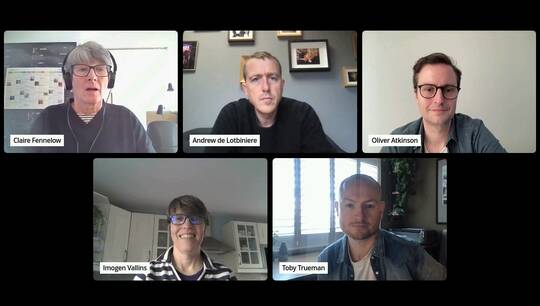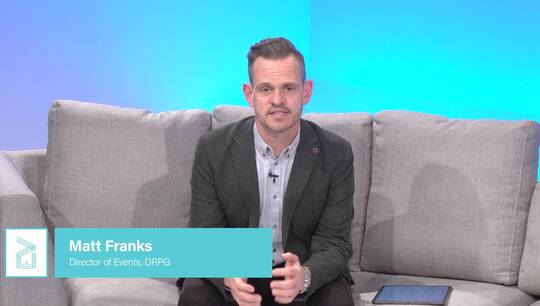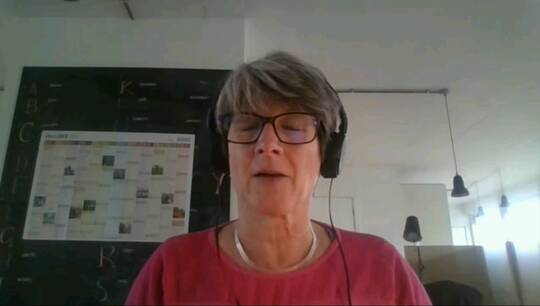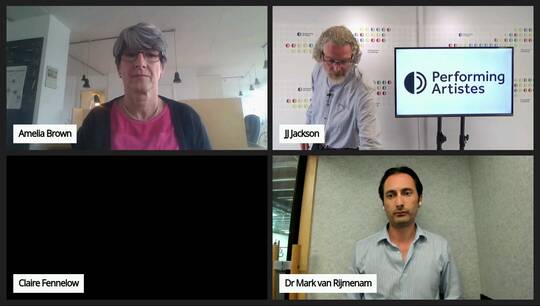Webinars
Five-Step Model: Business Survival by Getting Paid
82 views
In a career spanning 45 years, Philip has held senior credit management roles in the high-tech and communication sectors, in distribution and retail, including spells at Olivetti and Vodafone. More recently, he held the role of interim Small Business Commissioner for 17 months across 2020-2021 and, prior to that, was Chief Executive of the Chartered Institute of Credit Management (CICM) for 14 years, leading the Institute to Chartered status in 2015. He was also a founding board member of the Start-Up Loans Company, a Red Tape Champion for Insolvency, and the first ever lay Chair of the Joint Insolvency Committee.
Philip authored the Managing Cashflow Guides (of which there have been over 600,000 downloads) for government, and was the architect of the Prompt Payment Code, which the CICM administered on behalf of the Department for Business, Energy and Industrial Strategy (BEIS) until its administration was transferred to the Office of the Small Businesss Commissioner in 2020. He has worked closely with successive governments in championing best-practice credit management, eradicating late payment, and supporting small business.
Now semi-retired, he holds several roles through which he maintains his passion for credit and cashflow management, and helping small businesses. In support of that passion, he has developed his ‘Five-Step Model: Business Survival by Getting Paid’ delivering basic tips to increase the chances of getting paid promptly and avoiding the risk of non-payment.





